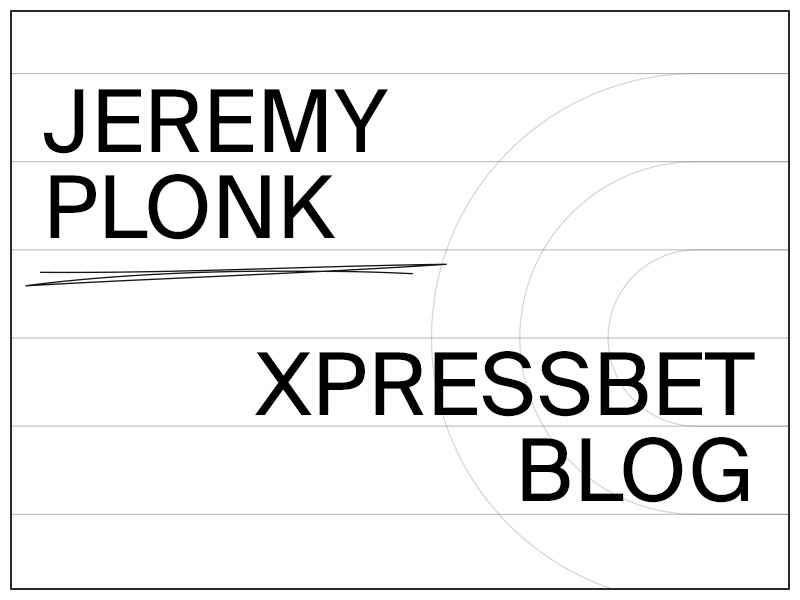by Jeremy Plonk
July 3, 2017

The easy answer is that we need to be tough on crime. The hard part is actually being tough on crime. Much of the time, it’s not the will to do what’s right that gets in the way; it’s the process involved to see it through.
The coverage of last week’s trial of trainer Murray Rojas in Pennsylvania court painted a bleak picture of backstretch life, rife with all the makings of the wild, wild west. Some of it was fact. Some of it was he said-she said. Some of it made you question your allegiance to the game you love and the handicapping process you trust.
In the end, though, not guilty was the verdict when it came to the charges of wire fraud and conspiracy. Why a court case borne from the doping of racehorses gets tied into the interstate simulcast act and wire fraud charges is just part of the difficulty in seeing through the levying of sanctions. I am no legal scholar, and, the truth is, it takes a TV judicial trifecta of Alan Dershowitz, Jeffrey Toobin and Judge Andrew Napolitano to even figure this stuff out.
Our American court system may be the best in the world, but it certainly does not lack in technicalities. They say there are a thousand ways to lose a horse race and only one way to win it; there may be even fewer ways to come up with a guilty verdict beyond a reasonable doubt.
With those daunting odds facing racing commissions trying to do what’s right in most instances, you can see the reason why throwing the book at cheaters is a costly proposition. If a racing organization wanted to clean its house, it will no doubt clean out its bank account long before discernible changes are made in the culture. We talk a lot about how the cheaters are ahead of the testing protocols and always will be. But we rarely talk about how the financial practice of prosecuting or defending charges has spiraled beyond control.
This is why slaps on the wrist are commonplace. If you’re willing to accept a 30-day suspension and move your horses to your assistant’s name in the program, you’re taking a plea bargain of sorts that saves everyone a ton of money on both sides. Of course, the fall-out from that is a public that becomes distrustful of all sides – in a sport that is funded almost exclusively by a public seeking trust in what it’s betting.
We all agree we want the cheating out of the sport. But when a nanogram comes into discussion and things like contamination and the iron-clad accuracy of the testing protocols are at play, it’s very easy to raise any semblance of reasonable doubt. And, with that, our legal system will side with the accused as it is programmed to do so.
Like I said, I am no legal scholar whatsoever, but I am a voracious reader of the news and supporter of the horse racing industry. That combination has led me to the observation that it’s very hard to throw the book at anyone, and even more expensive to make sure it sticks.
Sometimes we need to give the people a break when it comes to pointing fingers, and redirect them to the process. Of course, there’s always more than enough blame to go around.